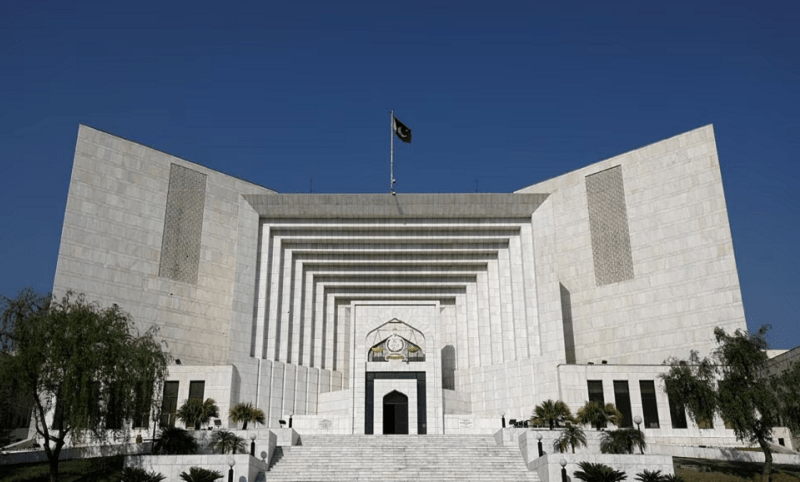A new petition has been filed in the Supreme Court against the Practice and Procedure Amendment Ordinance, led by senior politician Afrasiab Khattak. The petition asserts that the ordinance was issued without fulfilling constitutional requirements and violates Article 89 of the Constitution.
The petition states that Article 173(3) of the Constitution separates the judiciary from the executive, and Section 2 of the amendment ordinance represents a crude attempt to interfere in the internal affairs of the judiciary. According to the petitioner, this section contradicts Article 173(3), and any attack on judicial independence infringes upon the fundamental rights of citizens enshrined in the Constitution.
The petition requests that the ordinance be declared unconstitutional under Article 89 and that Section 2 of the amendment be annulled as it conflicts with fundamental rights. Additionally, the petition calls for the suspension of the office order regarding the formation of the committee under the amendment ordinance and for the reinstatement of the committee that existed prior to the ordinance until the matter is resolved.
It is noteworthy that just a day earlier, Advocate Chaudhry Ihtisham-ul-Haq had also submitted a petition against the Practice and Procedure Amendment Ordinance in the Supreme Court. This petition has named the Secretary of the Law Ministry, the Secretary of Establishment, and the Secretary of the Cabinet as respondents.
The petitioner has urged that the amendment ordinance be declared unconstitutional and all actions taken under the ordinance be nullified. Furthermore, they have requested that the Practice and Procedure Amendment Ordinance be suspended until a decision is reached on the petition.
The petition highlights that the Supreme Court has previously established that ordinances can only be issued in emergency situations. The petitioner argues that the ordinance violates the rights of the public, as Article 9 guarantees citizens access to an independent judiciary, and Article 10A ensures the right to a fair trial is included in the constitutional rights of the people.
The petition also claims that the ordinance grants additional powers, which diminishes the authority of Parliament in routine matters and adversely affects the powers of an independent judiciary, potentially impacting the Supreme Court’s decisions negatively.
Similarly, the Lahore High Court and Sindh High Court have reserved decisions regarding the maintainability of separate petitions challenging the amendments made to the Practice and Procedure Act via the ordinance.
It is important to note that on September 20, the Practice and Procedure Amendment Ordinance 2024 was enacted after being signed by President Asif Zardari. Earlier, Prime Minister Shahbaz Sharif and the federal cabinet approved the ordinance.
Minister for Information and Broadcasting Ataullah Tarar stated that the ordinance was implemented to promote public interest and judicial transparency. In a televised discussion, he mentioned that Article 184(3) grants the right to appeal against decisions made by the Supreme Court in cases.
According to the ordinance, a committee comprising the Chief Justice of Pakistan, the most senior judge of the Supreme Court, and a judge nominated by the Chief Justice will now designate cases, as opposed to the previous system where the Chief Justice and two senior judges formed a three-member bench to allocate cases.
Following the implementation of the Supreme Court Practice and Procedure Ordinance 2024, Justice Amin-ud-Din Khan was included in the three-member judges’ committee, replacing Justice Muneeb Akhtar. Under an office order issued by the Registrar of the Supreme Court, Chief Justice Qazi Faiz Isa nominated Justice Amin-ud-Din Khan, who ranks fifth in seniority, to the three-member judges’ committee.



